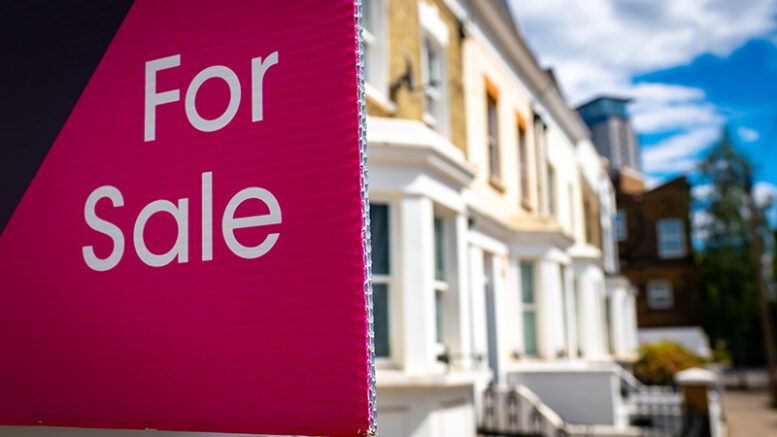House prices across the UK have risen by 1.1% in the year to April, with the average house price now standing at £326,248, according to the latest data from the Office for National Statistics (ONS). This increase continues to challenge first-time buyers, who now face an average price of £235,851 for their first home.
New-builds outpacing existing properties
The rise in house prices is especially pronounced in new-build homes, which saw a 15.3% increase compared to a 1.3% decrease in existing property prices. UK private rents also climbed, up 8.7% in the year to May, although this is a slight easing from the previous month’s 8.9% increase. Rent inflation in England was highest in London at 10.1% and lowest in the North East at 6.1%.
Sarah Coles, head of personal finance at Hargreaves Lansdown, commented, “Average house prices hit an eye-watering £326,248 in April, reflecting the fact that when many of these sales were agreed in January, mortgage rates were falling and buyers were flocking back to the market. It’s good news for potential downsizers and homeowners with relatively low levels of equity in the property, who’ll see that equity grow. However, it piles even more pressure on first-time buyers and those hoping to climb the property ladder.”
Political responses and proposed solutions
The challenge faced by first-time buyers has not gone unnoticed by political parties. Both Labour and the Conservatives have included first-time buyers in their manifestos, with Labour pledging to build 1.5 million more homes and the Conservatives 1.6 million. Labour focuses on affordable housing and speeding up the planning process, while the Conservatives propose making the stamp duty holiday permanent for homes costing up to £425,000 and introducing a new Help-to-Buy equity loan scheme.
However, Coles warned about the potential risks of such schemes: “When you consider that rising new-build prices are vastly outstripping those of existing homes, it raises the risk that a new scheme could add fuel to the fire.”
Renters feeling the squeeze
The rising cost of housing is also reflected in the rental market. Emma Cox, MD of Real Estate at Shawbrook, noted the continued growth in house prices as a sign of cautious market confidence. She stated, “Professional landlords will be hoping for some stability post-election both economically and politically to support them in their portfolio management. A consistent economy brings consistent property valuations which in turn helps landlords plan for growth and bring that much-needed supply of rental properties to the market.”
Jean Jameson, Chief Sales Officer at Foxtons, observed strong market activity in May, with viewings up 12% and new properties coming to market up 11%. Meanwhile, Gareth Atkins, Managing Director of Lettings at Foxtons, pointed out the growing demand for rentals, which is expected to continue through the summer.
Richard Rowntree, Managing Director for Mortgages at Paragon Bank, expressed hope for a reduction in rental inflation, driven by lower inflation on new lets. He emphasised the need to address the imbalance between the demand and supply of rented homes.
Nathan Emerson, CEO of Propertymark, highlighted the ongoing challenges for renters: “The impact of what has been a challenging economic period continues to play chaos for many renters. Not only are personal finances stretched to the max for many people, but we have the added uncertainty of a general election and what that might ultimately mean for renters and landlords.”
As the UK housing market continues to navigate these pressures, the future for both homeowners and renters remains uncertain. Political pledges and market trends will play crucial roles in shaping the landscape in the coming months.








